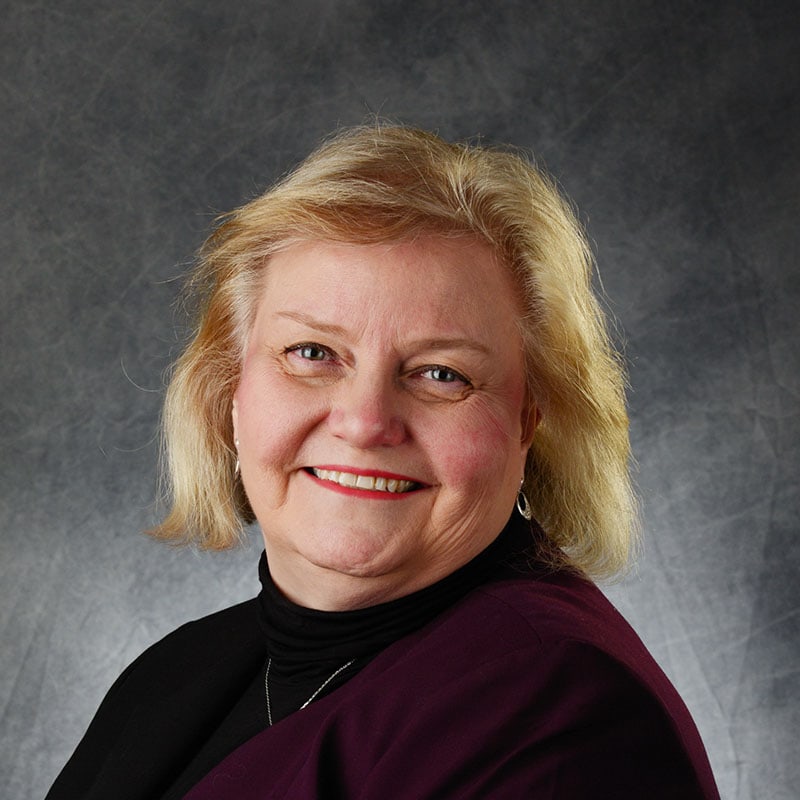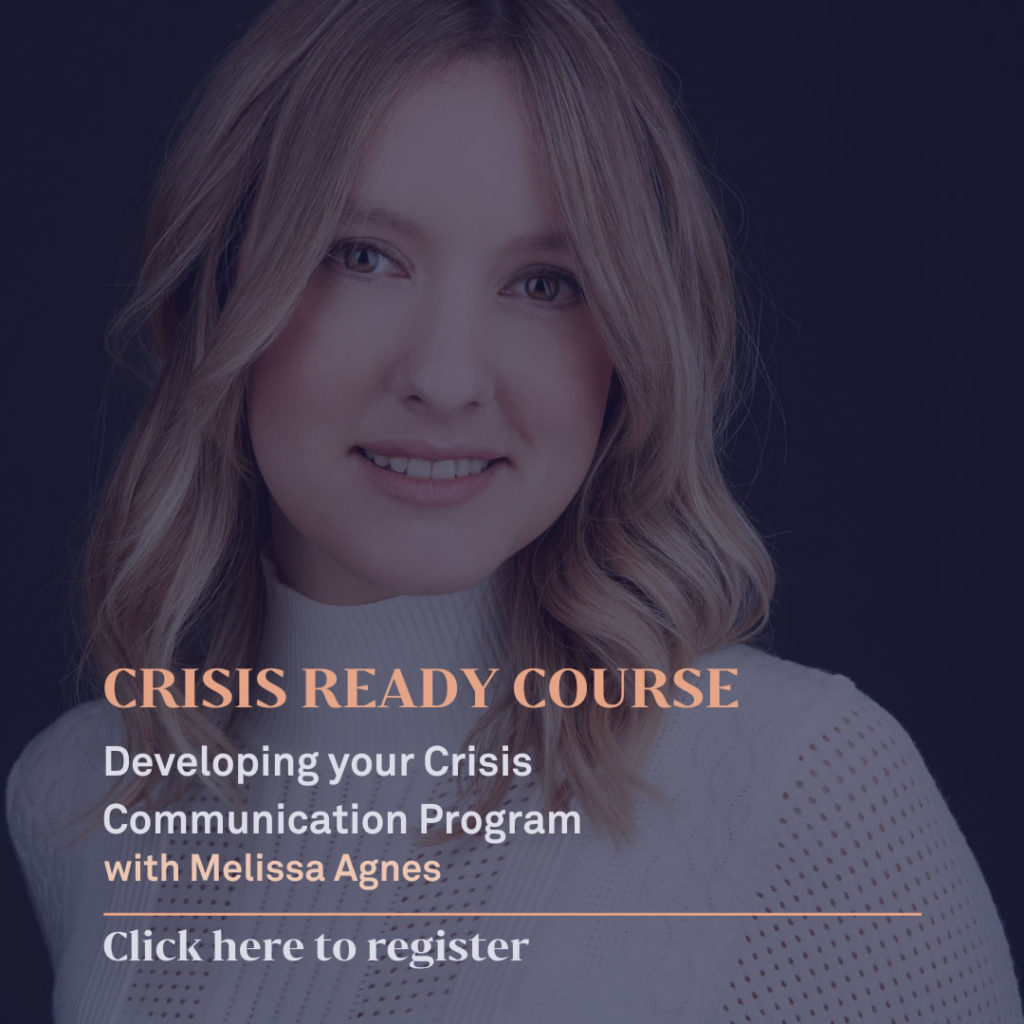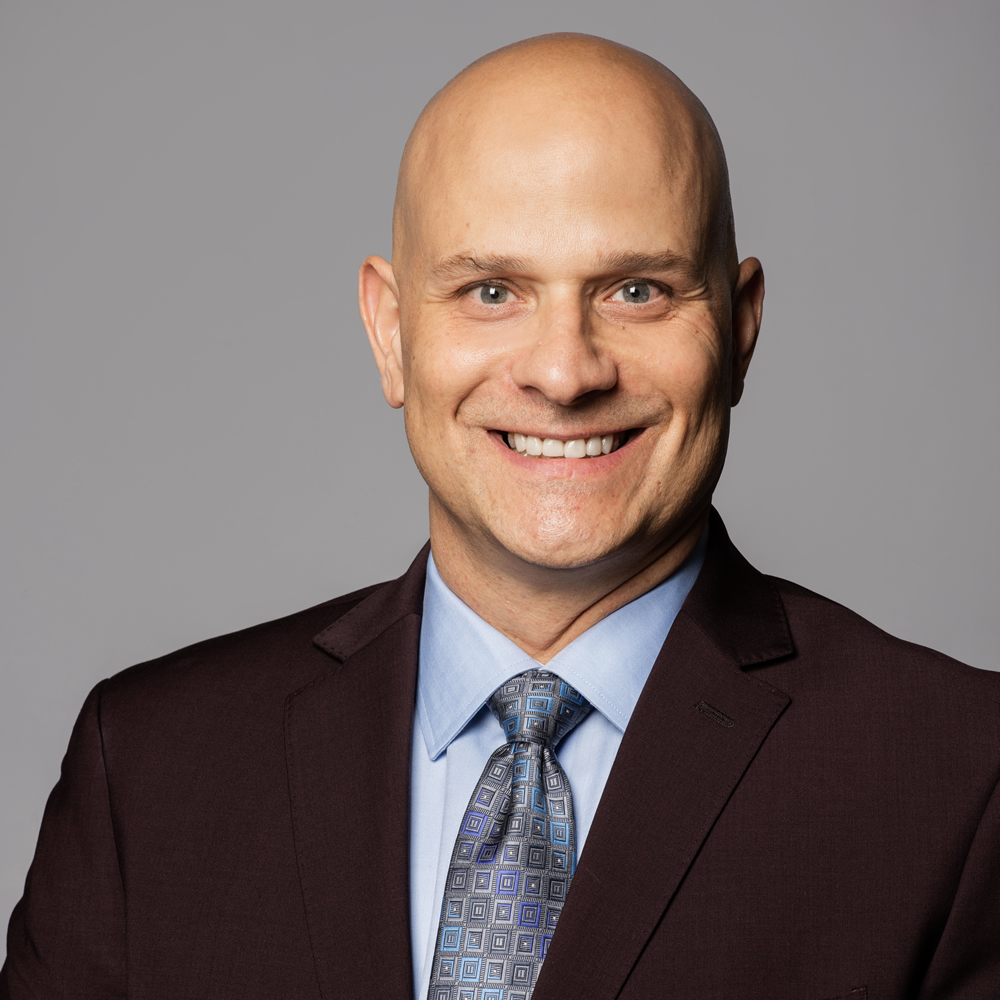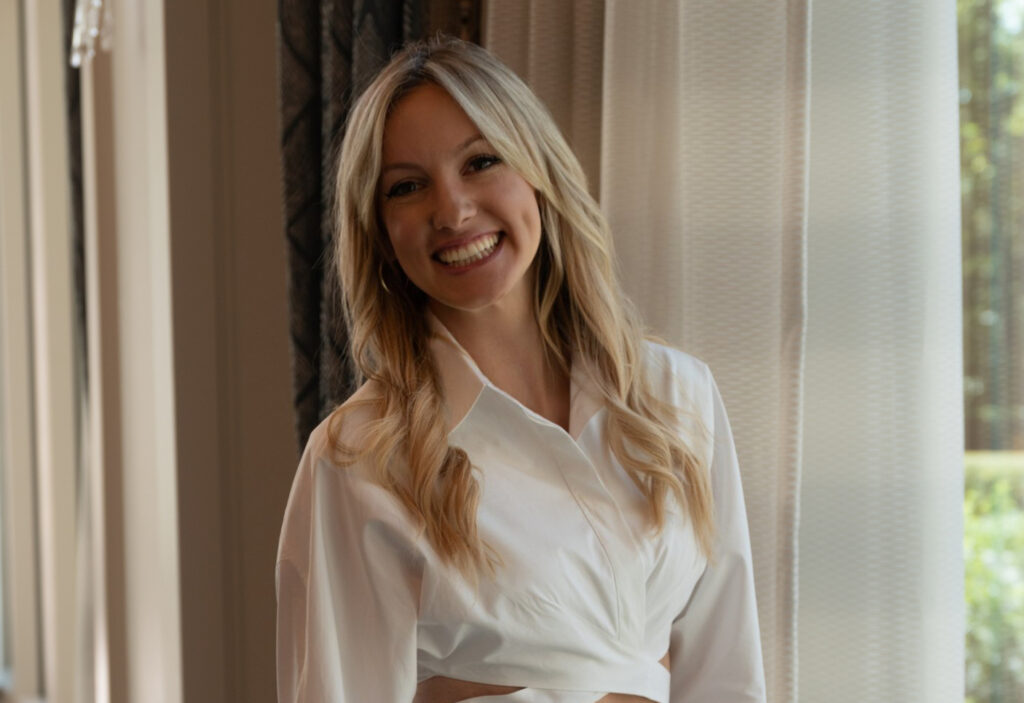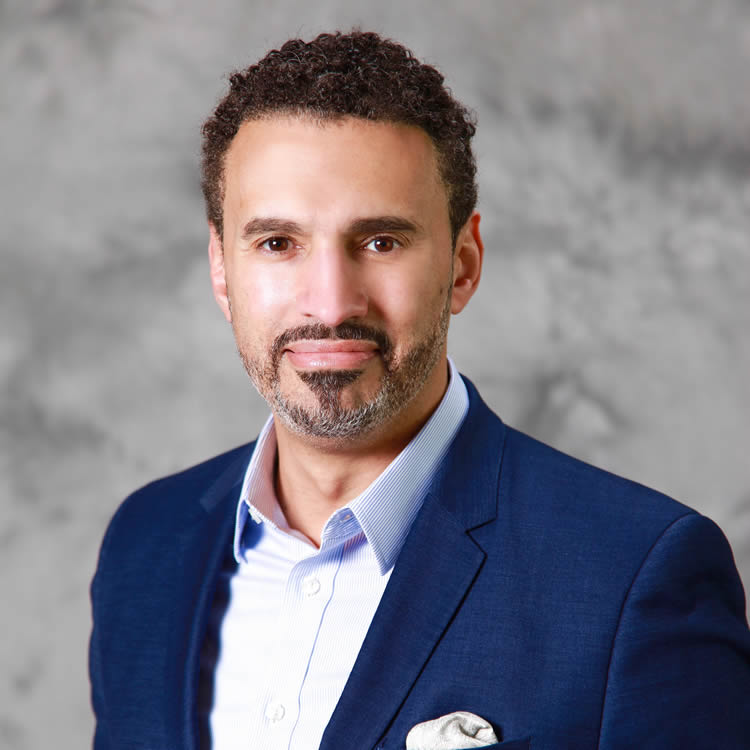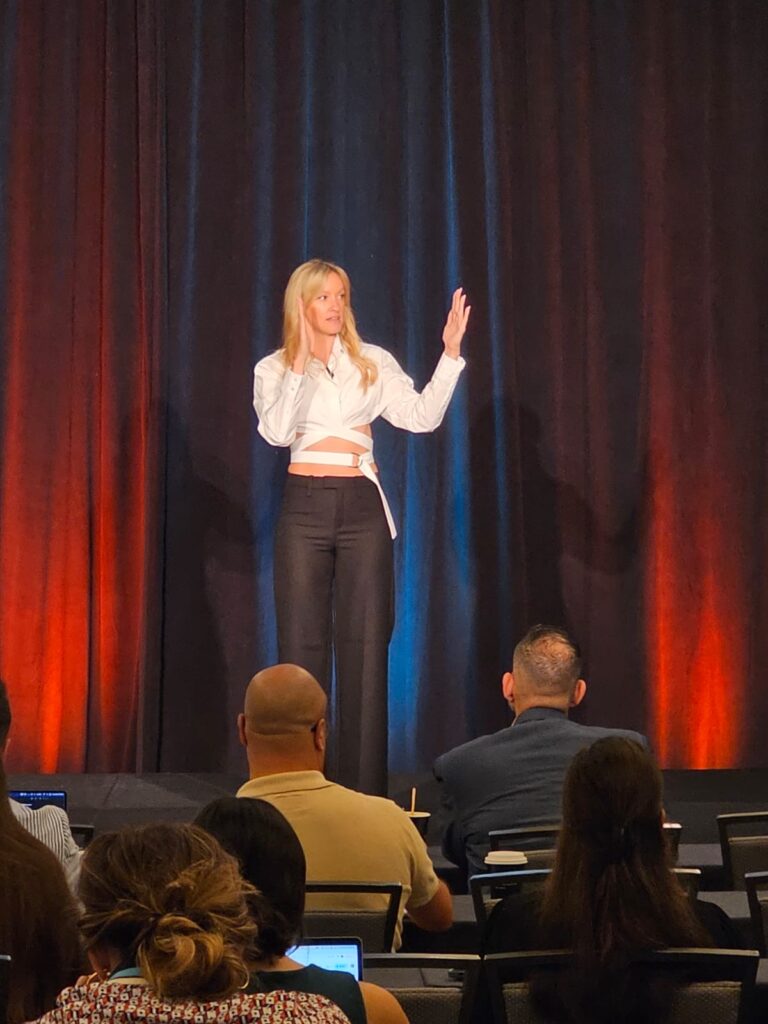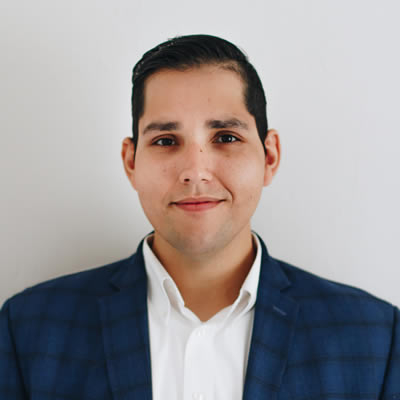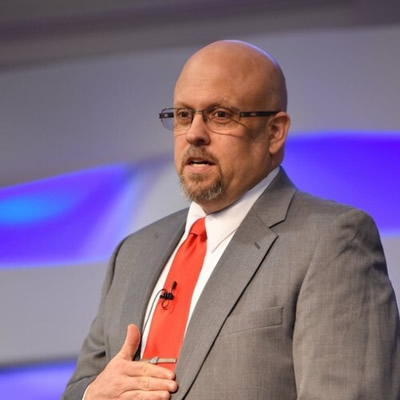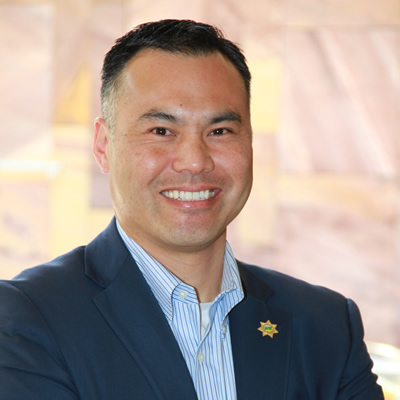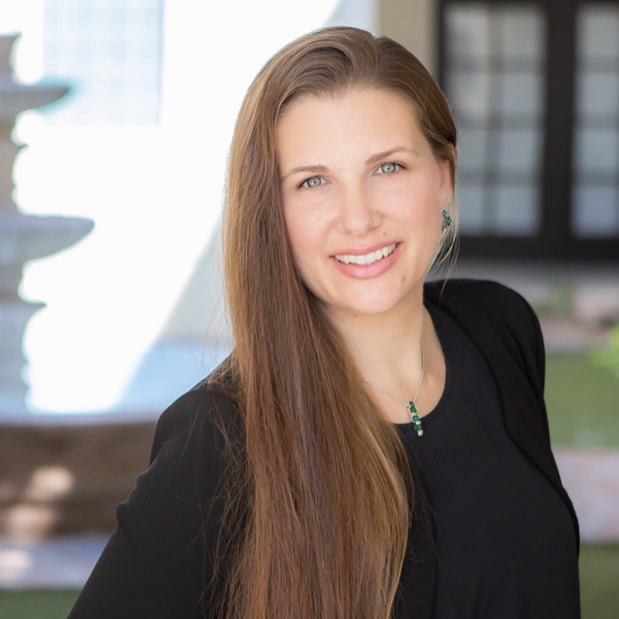It’s not always about learning new lessons. Sometimes, the old lessons that we need to relearn are just as—maybe even more—important.
Lisa DuBrock has had a a dynamic career in crisis management that spans over 25 years. Her experiences are vast—including the monumental challenge of supporting a financial firm through the devastating days following 9/11—and she’s generous in sharing them in an effort to support and help others.
Last week, Lisa hosted the November Mastermind Session for the Crisis Ready Community, where she led an impactful discussion around “learning old lessons in crisis management”. Following this Mastermind Session, the Crisis Ready Community walked away with many thoughtful takeaways and a commitment to celebrating the small wins—something we can all benefit from throughout this trying year.
Following are some of the “old lessons” that Lisa found herself re-learning over the course of 2020. These lessons apply to each of us and are always worth revisiting. As you navigate and reflect through them, we’d love to hear about some of the lessons you may have “re-learned” this year. We invite you to share them in the comments section below. If they’ve helped you, they’ll help others.
Relearning Old Lessons with Lisa Du Brock
I have attended many webinars, listened to many podcasts, and read many white papers while at home these last eight months. What I have seen and heard, time and again, are that the lessons I have learned throughout my career still hold true. These lessons are numerous, but I would like to share five of them with you and why they are as important now as they were in the past.
1. It is always about the people.
I first learned this lesson on 9/11/2001 when I led the effort for a financial services company to locate the 3,700 employees who worked in 2 World Trade Center. Over 72 hours, we answered 110,000+ phone calls and placed over 57,000 outbound calls to find those precious individuals. While I remember many moments from those days, what I remember the most is how everyone was focused on the common goal of “Where are our people? and “How can we help them?”
This pandemic is no different. When we think about this crisis, we may be thinking about how to design an office for social distancing, how to return employees to work, and what employees need to better perform their jobs while they are at home. What we are really thinking about is our people and how do we keep them safe, healthy and engaged, because we know that putting our people first is the only way to successfully lead through this crisis in a way that benefits everyone.
2. There is no shame in prioritizing mental health.
A few years ago, I attended a discussion with a Police Chief and several chief security officers. The chief described how her entire force had dealt with an active shooter situation. Several of the officers were injured and multiple people at the crime scene died. One of the most important lessons she passed on from that experience was:
“…you can’t just heal the body, you have to work even longer at healing the mind.”
While all the officers physically recovered, they collectively continue to work through the mental health issues that still confront the entire force, including the Chief.
I am reminded that I need to prioritize mental health with my team and myself on a regular basis. This includes things like making sure we take our time off, listening to a team member when they need to talk, providing links to mental health professionals and making sure everyone knows there is no shame in reaching out to someone. It can also be as simple as setting time aside to have fun or contemplate.
3. Set time aside to mourn the losses.
We have all experienced loss during this pandemic. It may be the loss of a family member, a friend, a co-worker, a loss in your community, or activities you used to enjoy but cannot right now. There has also been a loss of innocence.
As Crisis Managers, we have devoted time to pandemic “what ifs.” Over the course of my career I’ve developed and executed many pandemic-themed continuity tests. We thought about the scenario, prepared for it, and tested those assumptions. However, at the time, I never considered that impact over the long-haul. My test scenarios usually lasted a month and much like many of the movies we watch, at the end of that time the pandemic was over, the tent came down, the hazmat suits came off, and the company went about its business of picking up the pieces. The impacts of fear, social isolation, massive and disruptive change, personal loss… we didn’t plan for those.
We need to give ourselves permission to mourn and take time to mourn these losses. How we mourn is different for everyone and we need to recognize and embrace that it will happen at different times for each of us. But it is only through mourning our loses that we can move forward.
One of my personal experiences of mourning occurred on Friday, 9/14/2001. The country came together at the National Cathedral to mourn our loss, certainly the loss of our people, but also the loss of innocence that we had on 9/10; the loss of the way we approached boarding an airplane and going into the office.
Then, like now, we have collectively lost a lot. I was struck by a strong correlation to 9/14 on Sunday, 11/1/2020, when I again tuned into an evening service at the National Cathedral. The title of this service was “Holding on to Hope: A National Service for Healing and Wholeness.” The correlation even included watching the service on TV. It is through recognizing the losses, taking the time to mourn them, and hopefully finding a little release that we move forward stronger.
4. There is nothing normal about what we are collectively experiencing globally, but we will find a new normal.
That new normal will never be the same as it was, but achieving a new normal after disruption is the constant in our shared human condition. After 9/11 we all got back on planes. The financial services firm for which I worked found a 3-story building to bring its employees back to work again. I take comfort in knowing that we will find that new normal, and yes, a new normal after that, and so on. This is the true constant.
5. Celebrate the small wins as well as the big ones.
Just this morning, I was talking to a team member who broke down because something occurred in her family and she just could not handle it. We took the time to mourn on that call. What mattered then was not a client, or a spreadsheet, or a deadline. It was the very real anguish that my teammate was feeling. This afternoon, she called back to tell me she just had the most awesome call with a difficult client and we took the time to celebrate that small win. We each took a piece of chocolate (who doesn’t have leftover Halloween candy?!) and shared it together.
Small wins get us through the day. We all know it is not all sunshine and joy, but those small wins allow us to see a glimpse of the new normal, uplift our spirits that have been mired in loss, provide a small nugget of hope on a path to mental health, and yes, remind us once again “It is all about the people.”
Keeping these lessons close—close in proximity and close to the heart
I keep these lessons along with a few others on my desk. I am a big believer that it is together that we are strong. I was honored to share these lessons with the Crisis Ready Community and here with you, now. In doing so, I dedicate this post to you and your personal lessons. It is through sharing of those lessons and building on your insight that we all become stronger. And to this, I invite you to share your thoughts and any lessons you’ve been reminded of in the comments section below.
We also dedicate this post, as we dedicated the Mastermind Session, to the people who have touched our lives and whom we may have lost in 2020.
Lisa has 20+ years both in Management of fortune 100 firms and in the Management Consulting Business. She specializes in security both physical and logical. Lisa utilizes a myriad of methodologies based on her clients needs, including: ISO 27001, ISO 20000, ISO 9001, ISO 22301, ANSI/ASIS-SPC.1, ANSI/ASIS-PSC.1 and ISO 18788.
She has a CPA, a CBCP (Certified Business Continuity Professional), and an MBCI.
Lisa teaches at George Mason University in their PTAC and she sits on the ASIS Standards and Guidelines Commission developing ANSI accredited standards.
Prior to becoming a Managing Partner at Radian Compliance, LLC, Lisa spent a number of years at Discover Card, where she held positions such as National Director Cardmember Service, National Director Business Continuity, Bank Operations and Regulatory Compliance and she assisted on the launch of their credit card in the UK market.
Her goals are to grow her own firm, Radian Compliance, LLC, over the next 5 years.

